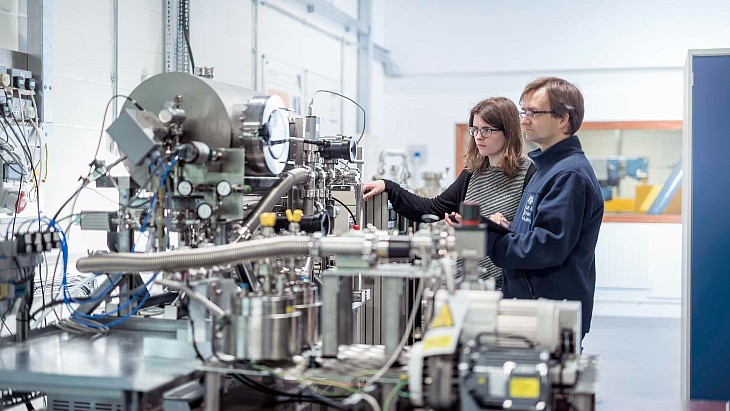The Communication Framework Agreement also paves the way for future collaboration on tritium fuel cycle, remote handling and power conversion technologies, the signatories said.
A breeding blanket is a component to be used in fusion machines, mainly used for producing tritium which is one of the fuels of fusion reactors.
Kyoto Fusioneering CEO Satoshi Konishi said: "Kyoto Fusioneering is proud to work closely with UKAEA. We have aspirations to expand the global impact of our technology beyond Japan ... we hope our collaboration will take the best of public and private sector ambitions and capabilities, to deliver a better result than each of us could have achieved alone."
UKAEA Executive Director Stephen Wheeler said: "Fusion energy promises to be a safe, low carbon and sustainable part of the world’s future energy supply. Kyoto Fusioneering has expanded its skills and capabilities in the UK and Japan and this partnership provides us a means to access them in both locations."
The new agreement follows a collaboration agreement between the two signed in March 2023 which included developing a silicon carbide composite system suitable for use as a structural material inside a fusion machine and to understand its stability under simulated fusion conditions. Kyoto Fusioneering has also worked on the development of gyrotron technology for UKAEA's MAST-U fusion machine at its base at Culham, near Oxford.
Kyoto Fusioneering was established in 2019 out of Kyoto University's nuclear fusion research, and specialises in the development of fusion energy plant equipment. The UKAEA is the UK’s national organisation responsible for the research and delivery of sustainable fusion energy. It is an executive non-departmental public body, sponsored by the Department for Energy Security and Net Zero.
Nuclear fusion is the process that powers stars, including the sun. When a mix of two forms of hydrogen (deuterium and tritium) is heated to form a controlled plasma at extreme temperatures they fuse together to create helium and release energy which can be harnessed to produce electricity. There are different ways of achieving this but UKAEA’s approach is to hold this hot plasma using strong magnets in a ring-shaped machine called a tokamak, before harnessing the heat to produce electricity along the lines used in existing power stations.















